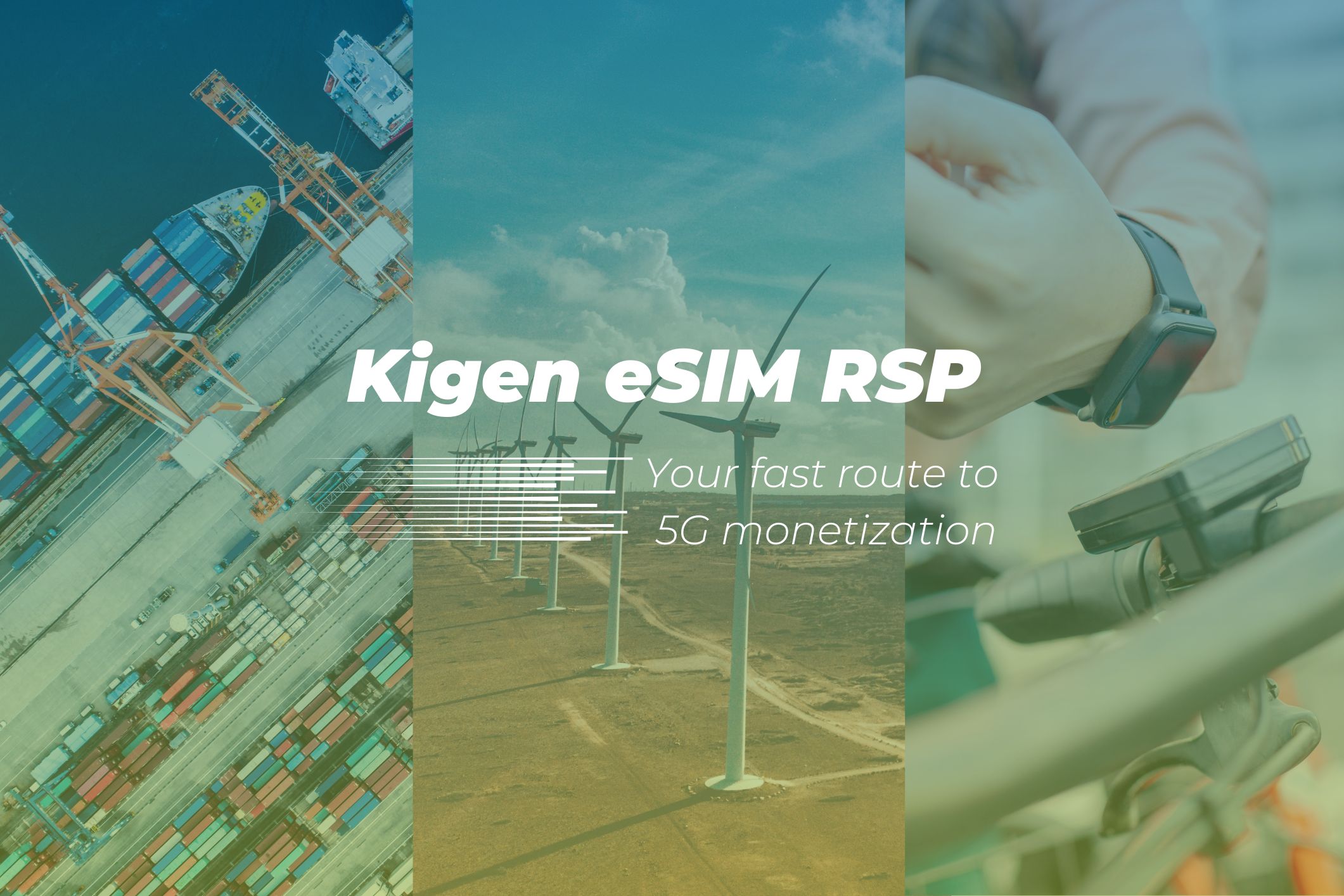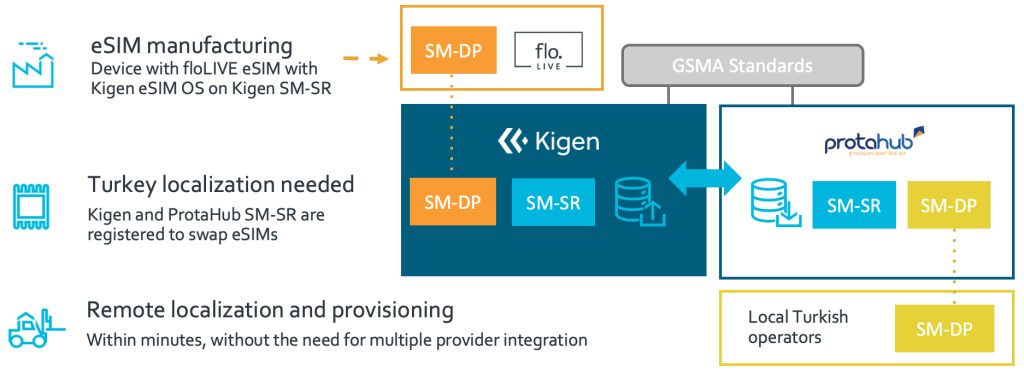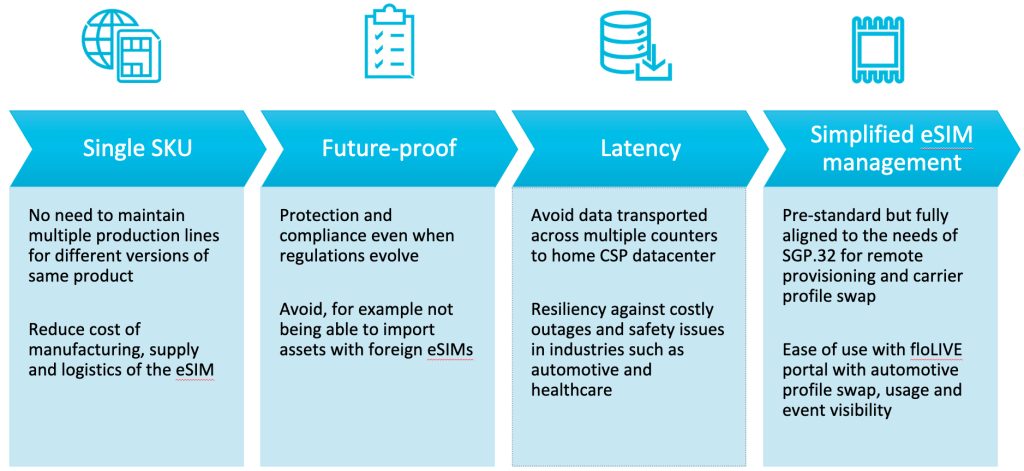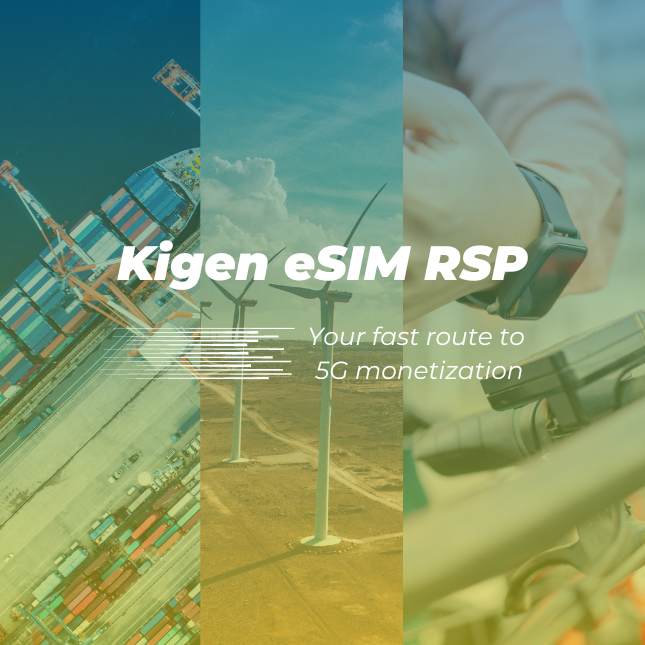
- Resources
- Blog
Continuous IoT coverage for OEMs in Turkey
Most countries have regulations on connectivity, data sovereignty, and data protection. From February 2021 to March 2023 seventeen new countries enacted data privacy laws, bringing the total to 162 globally including Turkey.
90-day roaming and privacy rules in Turkey
Back in 2020, the Turkish Information Technologies and Communication Authority required localization of data storage and eSIMs, as a result, major automotive OEMs could not import cars that already had foreign eSIMs and had to shut down e-call services to avoid breaking local roaming regulations.
Also included in the regulation is a directive on data localization for eSIM technologies. Put simply, privacy has been getting tougher on permanent roaming. It is allowed for 90 days only on Turkish networks within a 120-day period.
Roaming with eSIM and remote SIM provisioning
It should be noted that the 90-day roaming regulation targets IoT devices with SIM or eSIM from local operators for continued network connectivity. It is possible to adhere to this regulation in some countries by using an eSIM with remote provisioning capabilities to download the new SIM profile and remotely activate it without physically handling the device.
Managing compliance regulations in Turkey
Usually, connectivity providers must have a local data center and packet gateway, known as IP localization. A further option is for devices to use a local IMSI (International Mobile Subscriber Identity) to identify subscribers on mobile networks.
Full compliance for regulated markets



The options above would suffice in most cases, but legislation is stricter in Turkey and localization is mandatory. The local regulator, BTK requires local profiles to be downloaded on a device with an eSIM, and that servers, software and equipment are managed by an authorized Turkish operator.
How does Subscription Manager Secure Routing (SM-SR) work in Turkey?
Turkey’s local regulator BTK, stipulates that authorized operators only program eSIMs. This means that the SM-SR module engaged in the eSIM provisioning process must be affiliated with a locally authorized entity.
Therefore, businesses deploying IoT devices with eSIM in Turkey must engage with one or more local mobile network operators to ensure coverage and continuous connectivity.
Consequently, manufacturers shipping devices globally would be required to use a different SIM for devices destined for Turkey. This would result in multiple production lines, logistical processes, and supply chains, leading to additional expenses.
Furthermore, these legislative requirements also impact enterprises planning to adopt the new GSMA IoT Remote SIM Provisioning Standard (SGP.32). The regulations governing SM-SR usage extend to SM-DP+ modules in the new specification.
Strategic partnership opens new IoT use cases for OEMs
floLive, creator of the world’s largest hyperlocal global cellular network and Kigen, a leader in IoT enablement for SIM, eSIM and iSIM technology collaborated with Protahub to manage the local eSIM subscription profiles.
Benefits of the joint Kigen, floLive and Protahub solution



The three companies worked together over many months to develop a comprehensive end-to-end solution for continuous cellular IoT coverage, allowing enterprises and OEMs to use a single SKU to simplify the supply chain. To this end, original equipment manufacturers (OEMs), global enterprises, and mobile operators to seamlessly access local IoT connectivity in Turkey using their existing eUICC-compatible SIMs.
Remote localization achieved by secure eSIM profile management
The OEM purchases eSIMs via floLIVE that are enabled by Kigen’s eUICC OS with a floLIVE profile registered on Kigen’s subscription management secrure routing (SM-SR).
Once the device has been in Turkey after 90 daysa a localization request is triggered and floLIVE uses Kigen SM-SR that swaps the existing eUICC to Protahub. As they are integrated and tested, they are commercially available and ready to swap with the OEM’s chosen local Turkish operator. Protahub then downloads the local operator profile onto the eUICC.
As a result of rigorous testing and collaboration between the companies, the system can scale, allowing remote localization and provisioning in minutes, avoiding individual agreements, especially when multiple partners are considered. This saves time, critical ‘downtime’ and additional costs.

